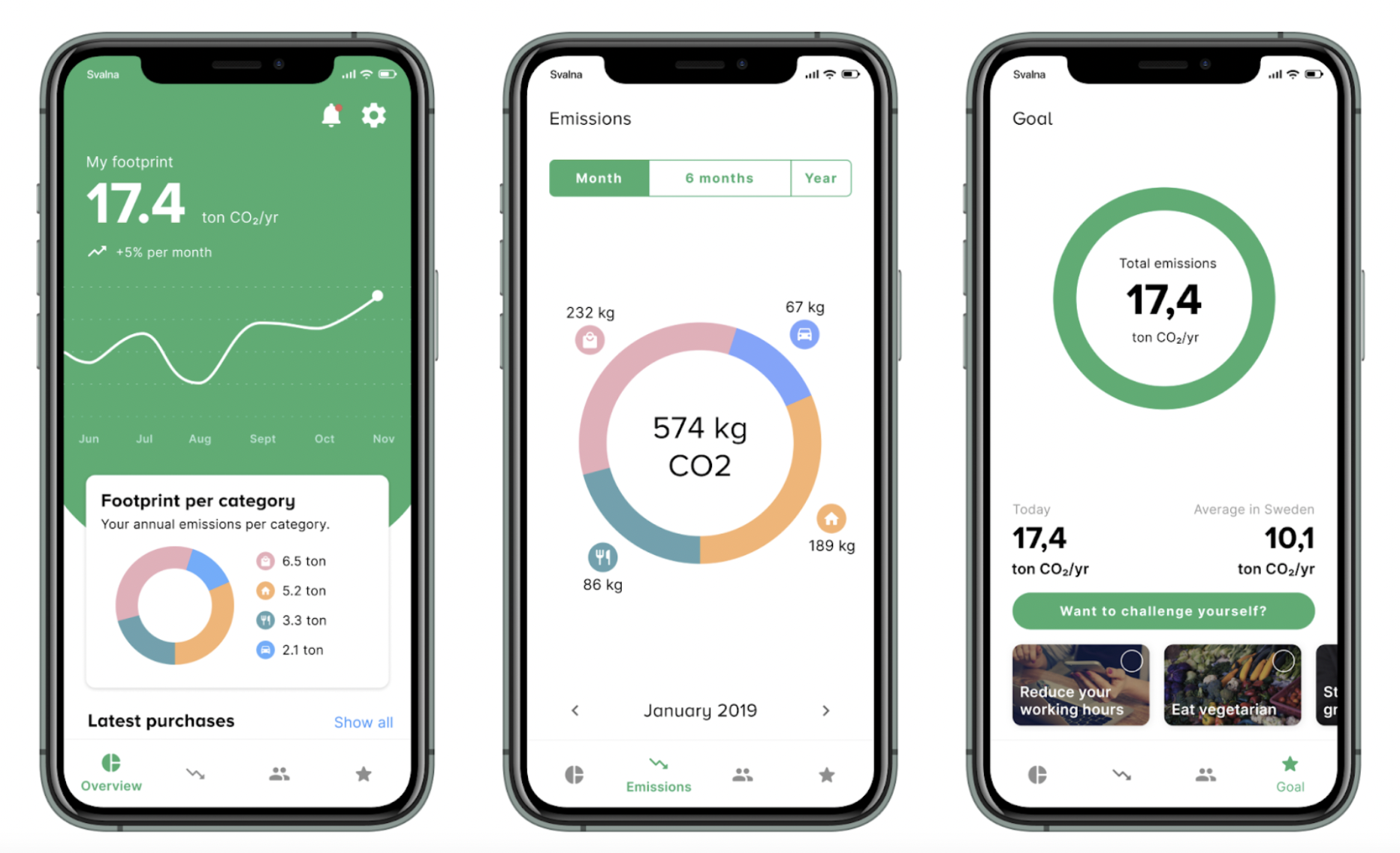
The World Economic Forum (WEF) is publishing ideas about yet another reason, or excuse, to deploy more surveillance technology: this time it’s climate change, and specifically, monitoring carbon emissions – at the individual level.
This is generally referred to as “My Carbon initiatives” and according to a post on the group’s website, penned by the director of India’s Ministry of Housing and Urban Affairs Smart Cities Mission, it’s all about “inclusivity of citizens” in reducing carbon emissions in urban areas.
However, “My Carbon” and what’s dubbed as “personal allowance programs” have apparently not been a success, although the push has been there for years; but now, with tracking and surveillance technology continuing to, technically speaking, improve and become more and more ubiquitous, the idea is to start bringing those into the climate change story.
And since the share of emissions attributed to individuals in cities is 40%, the proposal is to tackle those things that are now identified by WEF and its cohorts as standing in the way of personal allowance programs taking root: social and political resistance, a lack of awareness, and, of “fair mechanisms” to track individual emissions.

The post, which says the views are “those of the author alone and not the World Economic Forum,” sees “an improved” world not only when it comes to technology, but also society, and mentions the catastrophic pandemic restrictions in a positive tone, as proof that billions of people can effectively be trained to show “individual social responsibility.”
Good old Covid was a test for that. “A huge number of unimaginable restrictions for public health were adopted by billions of citizens across the world,” the WEF blog piece says approvingly.
The implication is that billions are also now more likely to accept restrictions regarding their lifestyle in other contexts. Then there’s the technology, “AI,” blockchain, digitization, “smart home” devices – all useful in advancing this specific dystopian agenda.
And the plan is to use surveillance tech to track in detail personal carbon emissions, along with giving “individual advisories on lower carbon and ethical choices for consumption of product and services.”
Further, costs for “carbon-intensive” activities and goods should be increased, while offering economic incentives to reduce demand – another way of saying, “low carbon emissions social credit system.”
And then, creating new social norms is also recommended. These would impose a new definition of what “a fair share” of personal emissions is, and set “acceptable levels” of personal emissions.
